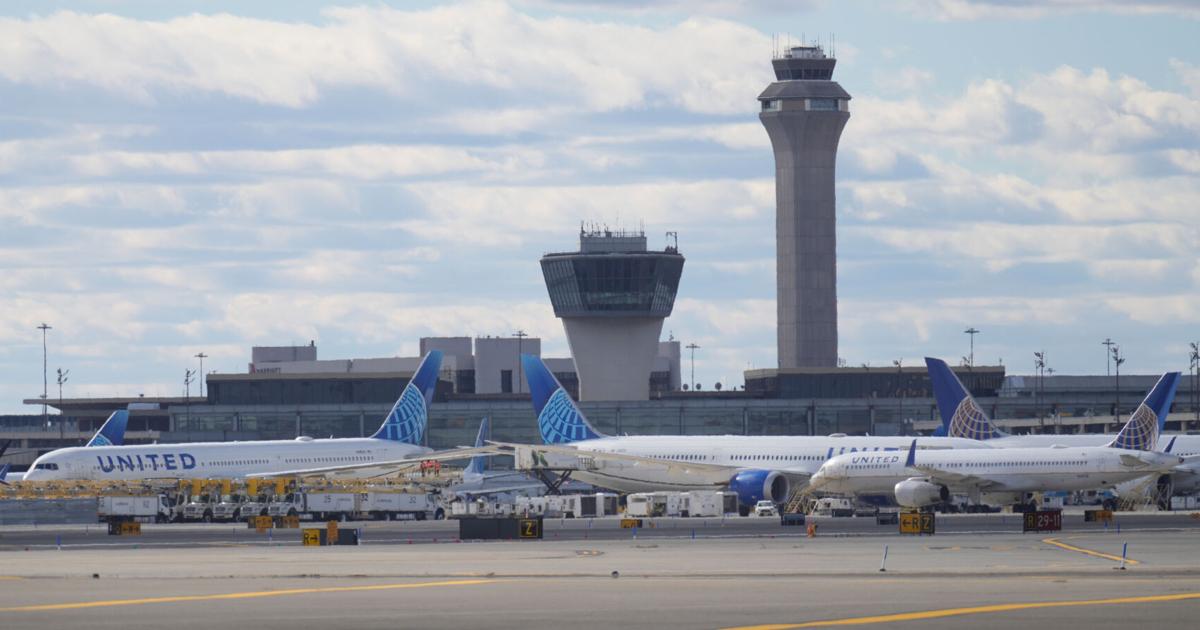
News
November 08, 2025
The FAA's order to cut flights due to the shutdown is in effect. Here's what travelers can expect
Travelers can expect fewer flights to many major U.S. cities starting Friday. Here’s what to know about the cutbacks — and what to do if your trip gets disrupted.
**FAA Flight Cuts Take Effect: What Travelers Need to Know**
Starting today, travelers across the United States will experience the impact of the Federal Aviation Administration's (FAA) order to reduce flights, a measure implemented due to ongoing operational challenges. The cuts, affecting numerous major U.S. cities, aim to alleviate potential disruptions and ensure a smoother, albeit less frequent, air travel experience.
The FAA's decision to reduce flight schedules comes as a proactive step to manage current resource constraints and maintain safety standards. While the exact number of flights affected varies by location and airline, passengers can anticipate fewer options for travel to and from major hubs. This could translate to longer layovers, increased flight times, and potentially, changes to previously booked itineraries.
So, what can you expect and, more importantly, what should you do if your travel plans are affected?
Firstly, be proactive. Check your flight status regularly with your airline. Airlines are working to notify passengers of any changes, but it's always best to confirm directly. Download the airline's app or visit their website for the most up-to-date information.
Secondly, understand your options. If your flight is canceled or significantly delayed, airlines are typically obligated to offer alternative flights, often without additional charges. Explore these options and determine which best suits your needs. If alternative flights aren't suitable, you may be entitled to a refund. Familiarize yourself with your airline's policies regarding cancellations and delays.
Thirdly, be prepared for longer wait times. With fewer flights available, airports may experience increased congestion. Arrive at the airport earlier than usual to allow ample time for check-in, security screening, and potential delays. Pack snacks and entertainment, especially if traveling with children.
Finally, exercise patience and understanding. Airline staff are working diligently to manage the situation and assist passengers. While disruptions are frustrating, maintaining a calm and respectful demeanor will help ensure a smoother resolution to any issues you may encounter. The FAA's flight reductions are intended to improve the overall air travel experience in the long run, even if they present short-term challenges for travelers.
Starting today, travelers across the United States will experience the impact of the Federal Aviation Administration's (FAA) order to reduce flights, a measure implemented due to ongoing operational challenges. The cuts, affecting numerous major U.S. cities, aim to alleviate potential disruptions and ensure a smoother, albeit less frequent, air travel experience.
The FAA's decision to reduce flight schedules comes as a proactive step to manage current resource constraints and maintain safety standards. While the exact number of flights affected varies by location and airline, passengers can anticipate fewer options for travel to and from major hubs. This could translate to longer layovers, increased flight times, and potentially, changes to previously booked itineraries.
So, what can you expect and, more importantly, what should you do if your travel plans are affected?
Firstly, be proactive. Check your flight status regularly with your airline. Airlines are working to notify passengers of any changes, but it's always best to confirm directly. Download the airline's app or visit their website for the most up-to-date information.
Secondly, understand your options. If your flight is canceled or significantly delayed, airlines are typically obligated to offer alternative flights, often without additional charges. Explore these options and determine which best suits your needs. If alternative flights aren't suitable, you may be entitled to a refund. Familiarize yourself with your airline's policies regarding cancellations and delays.
Thirdly, be prepared for longer wait times. With fewer flights available, airports may experience increased congestion. Arrive at the airport earlier than usual to allow ample time for check-in, security screening, and potential delays. Pack snacks and entertainment, especially if traveling with children.
Finally, exercise patience and understanding. Airline staff are working diligently to manage the situation and assist passengers. While disruptions are frustrating, maintaining a calm and respectful demeanor will help ensure a smoother resolution to any issues you may encounter. The FAA's flight reductions are intended to improve the overall air travel experience in the long run, even if they present short-term challenges for travelers.
Category:
Entertainment